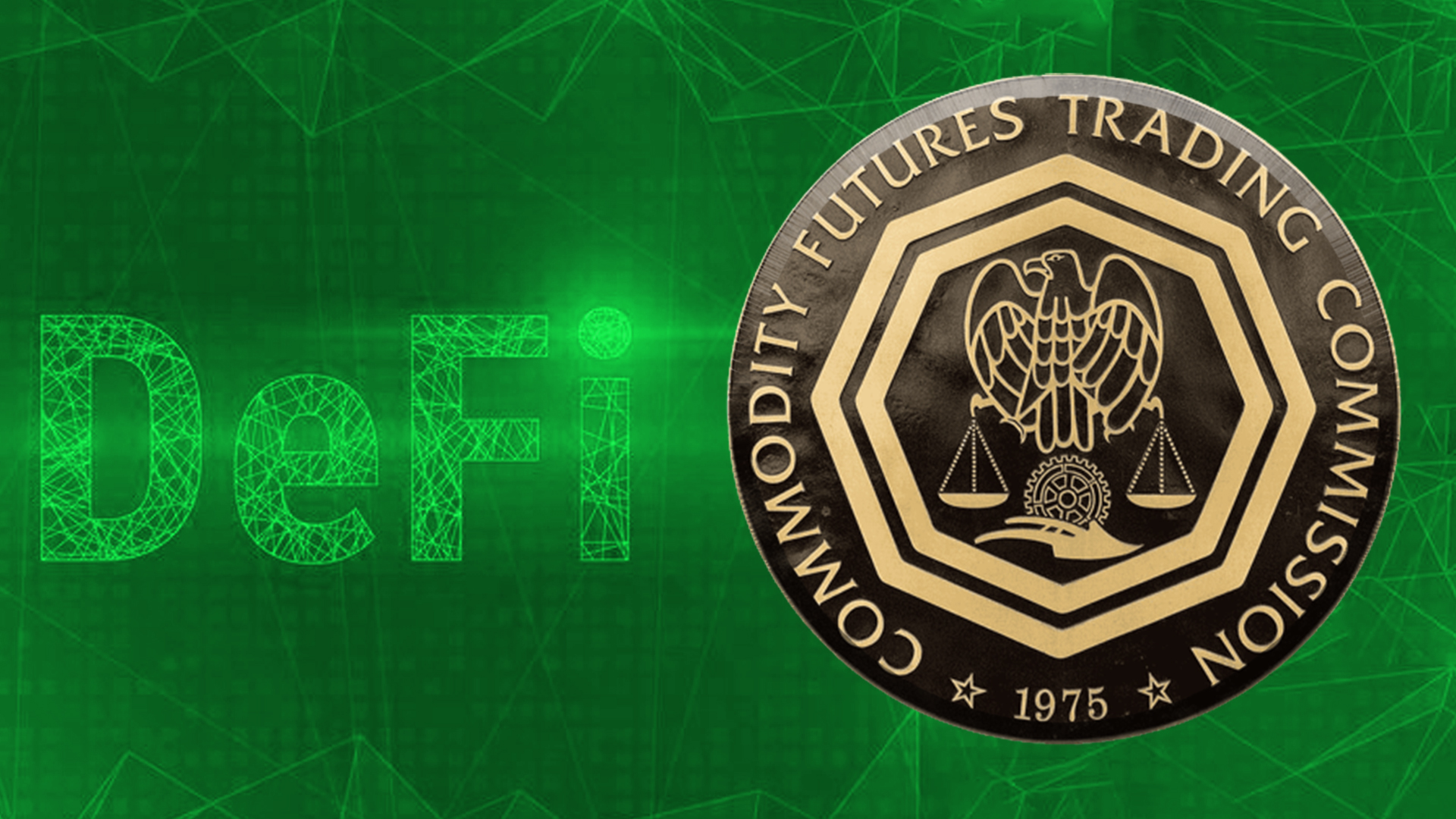- DeFi is a financial technology based on the distributed ledger.
- CFTC is a regulatory body that ensures the safety of consumers and the protection of the financial market from manipulation.
- It took action against three DeFi firms, which shows regulatory challenges facing the DeFi sector.
The Commodity Futures Trading Commission is a U.S. financial regulatory body that announced action against three prominent DeFi firms: ZeroEx, Deridex, and Opyn. The financial ecosystem thrives on predictability and these actions show a changing landscape for DeFi in the financial market.
What Is DeFi?
DeFi (Decentralized Finance) is a financial technology based on distributed ledgers. Secure digital wallets are available where individuals can hold money and transfer funds. Applications of DeFi are dApps that are to run the blockchain and handle transactions. P2P can meet the needs of an individual’s loan.
DeFi allows for security, transparency, autonomy, accessibility, low fees, and high-interest rates. The growth of the DeFi industry and decentralization are key trends that help to achieve success with projects like Stylized Notes and Fraction. DeFi will see increased adoption with the value of Ethereum in 2023 and the user base will also grow, creating new opportunities for protocols and users.
Reasons For The CFTC’s Crackdown DeFi Firms
The CFTC (Commodity Futures Trading Commission) is a pivotal entity in U.S. financial regulation. Its primary aim is to protect market users and the public from fraudulent activities. Now it has reached DeFi operations, especially crypto derivative trading.
Crypto derivatives are defined as financial contracts whose value is derived from an underlying cryptocurrency asset. These derivatives allow investors to gain exposure to these assets without owning them. These are considered versatile tools that enable strategies like hedging against price movements, gaining access to difficult-to-reach markets, and speculating on future price changes.
These bring sophistication and a level of complexity to the crypto trading landscape. These derivatives come with a set of rewards. Traders can control a larger position with a smaller capital outlay by using these financial instruments. Positions can move against traders rapidly because of the highly volatile nature of cryptocurrencies.
CFTC has been placed in a position to determine how DeFi platforms fit within the existing regulatory framework. The major concern was the lack of transparency in trading practices, market manipulation, and the absence of traditional oversight mechanisms.
Regulatory bodies such as the CFTC ensure that financial platforms operate within a designed framework to maintain market integrity and protect consumers. According to the CFTC, the absence of control by any centralized body poses serious risks to consumers and the broader financial system.
Conclusion
The CFTC is a regulatory body that tries to keep a check on the entry of any financial instruments into the financial system. It’s only mission is to ensure the safety and security of consumers and protect the broader financial system from fraud, manipulation and a lack of transparency. The CFTC announced actions against three prominent DeFi firms: Opyn, ZeroEx, and Derdex. These serve as a potent example of the ongoing regulatory challenges facing the DeFi sector.

